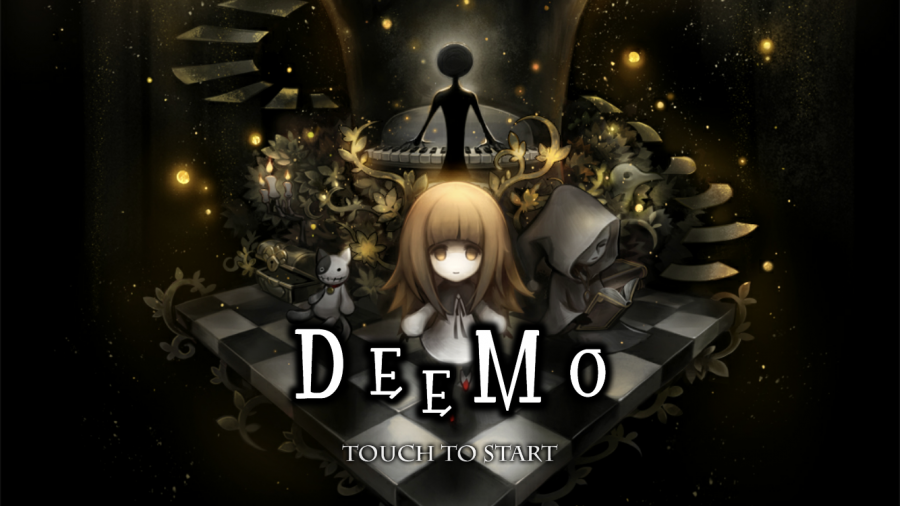Rhythm game reviews
Pass time with this unique and challenging genre of games
Whether it’s just for fun or to pass time on the go, mobile games kill boredom in many ways. Mobile rhythm games make great examples of these, with engaging gameplay, as well as striking visuals, and of course, great scores. For both hardcore and casual players, these games provide the experience they’re looking for.
Originally released in 2012, “Cytus” remains a unique and entertaining experience. Unlike many rhythm games, “Cytus” doesn’t function on a lane system, instead utilizing the entire screen. This provides a wide variety in the mapping of the many songs, ranging from beginner friendly to intense on higher difficulties. Two varieties of each song exist- an easier and a harder version-making it possible for players to pick up the mechanics first and then move on to more difficult songs. Additionally, all songs in the base game are immediately available, allowing players more familiar with rhythm games to start with harder content. The songs themselves come from a variety of different artists, with many varying styles. “Cytus” costs $1.99 on app stores, which can turn away players looking for a free game. Overall, it ranks a nine out of 10.
“Deemo” is a more traditional rhythm game, with the gameplay being more reminiscent of the lane based style. The score has a focus on piano with all of the songs containing it, whether as accompaniment or the main instrument, giving the game a very relaxed feel. The base game has enough songs to keep a player busy and downloadable song packs still come out. Unfortunately, these songpacks can quickly become pricey, especially when added to the $1.99 cost the game already has, meaning that one must to spend money for more content eventually. “Deemo” stagnates at times due to this, as well as some tedious elements used to unlock new songs. Unlike “Cytus”, the songs are largely unlocked, which slows the game further. “Deemo” ranks at seven out of ten.
“Voez” is the most traditional out of these three due to following a lane system. It’s far from boring, with its rotating songs composed by many artists and vibrant visuals. It is also free to play unlike “Cytus” and “Deemo”, making it a good fit for players looking for something cheap. The gameplay is straightforward, yet difficult to truly master and players can compare their scores through the online rankings. However, there are drawbacks. The song rotation can be slow at times, although it is usually not to ridiculous levels; the song rotation itself can be a problem, as players must spend keys to permanently unlock a song. Keys are difficult to come by without paying actual money, making the game yet another one that is technically free with a catch, something many people find frustrating. “Voez” remains solid in terms of the game itself, but the payment can easily scare players off, giving it a six out of ten.
If you’re looking for something to kill time on a boring day, or a challenging and unique gaming experience, these rhythm games can provide both.
Your donation will support the student journalists of Eisenhower High School. Your contribution will allow us to purchase equipment and cover our annual website hosting costs.






